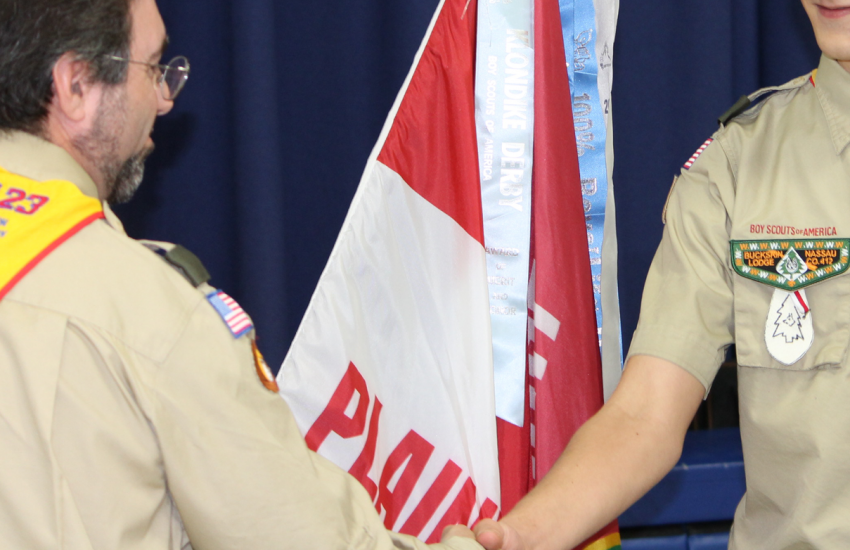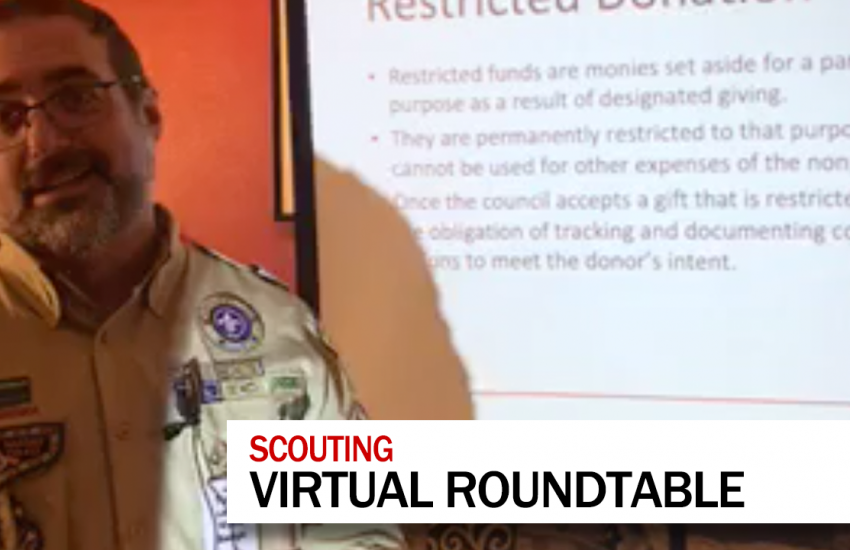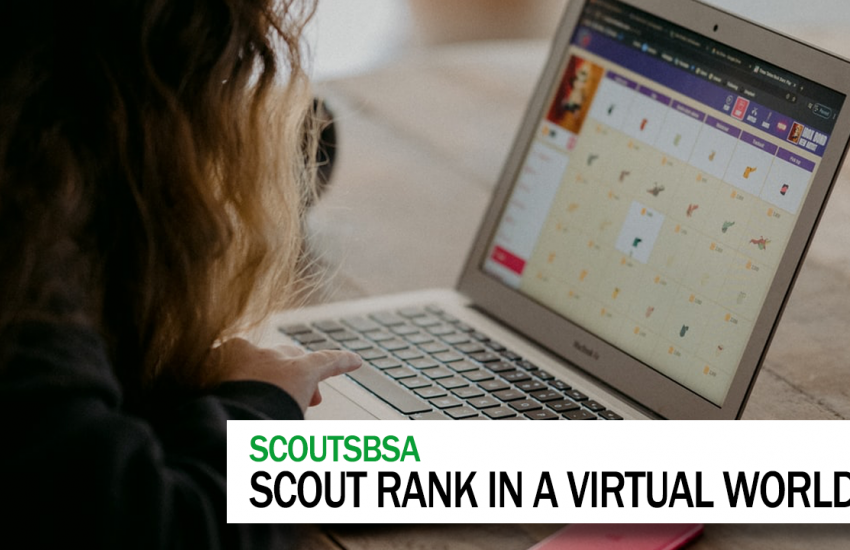One of the keys to the boy scouting program is the effective use of positions of responsibility.
Transcript:
Positions of responsibility are a necessary part of the advancement system at the higher ranks, but positions of responsibility are not simply supposed to be road bumps to a scouts’ process.
More than any other part of the scouting program, positions of responsibly are geared to let a boy or girl stretch those leadership muscles to a smaller or larger degree.
Adult leadership that uses this opportunity as just another box to tick off actually robs a scout of the opportunity to manage a project, or people.
This unfortunately can happen with all positions.
If you are in a troop that relies heavily on the adults not only to secure locations, but plan the meals, and organize the trips, and decide on who is doing what, when, then there suddenly becomes less and less for a senior patrol leader to do. If the adults micromanage the conflicts between the boys or girls, then the senior patrol leader loses a great learning opportunity.
For all the positions of responsibility there are few opportunities for the scouts to mess up so bad that it could cause harm to the troop or an individual.
If the troop quartermaster forgets the stoves, they won’t die. If the senior patrol leader doesn’t plan appropriately for events, the scouts won’t die. If the program patrol messes up the opening ceremony, nobody will die.
But they might actually learn something in the process of failing. They are given the opportunity to solve the problems put in front of them, and they have the opportunity to learn from their mistakes, which is the whole point.
This is why is it important for the adult leaders to take an interest in what the boys or girls are doing, and coach them so the outcomes can be successful.
Any it’s equally important that after working with a scout, coaching them, setting goals and redirecting as necessary doesn’t work, then it is the adult responsibility to remove the scout from the position, and not let them simply get credit for taking up the space allotted to the position.
I can’t stress that this should not be done lightly, that you need to give a scout the opportunity to succeed, but if they clearly are not doing the job it is detrimental to the troop to not remove them from the position. It sends the wrong message to the scouts that you give a free pass to the requirement.
That being said, until action is taken, a scout earns credit for the time in the position. You cannot retroactively say he or she did not do a good enough job. Once earned it is done.
There are of course going to be scouts that do a fantastic job in a position, they bring new ideas, they take ownership and make more of a position than even originally intended. And then there are those scouts who simply do the minimum, and do a little more skating then you would prefer.
Your option as adult leaders is to try and coach the underachieving scouts as best you can, but as long as they meet the core responsibilities that is the extent of it. But, this is what works for us.
Take what you like and leave the rest, and as we say in Woodbadge, feedback is a gift, leave yours below in the comments, with the hope we can all learn together.
I’m Scoutmaster Dave, and this all about positions of responsibility.




